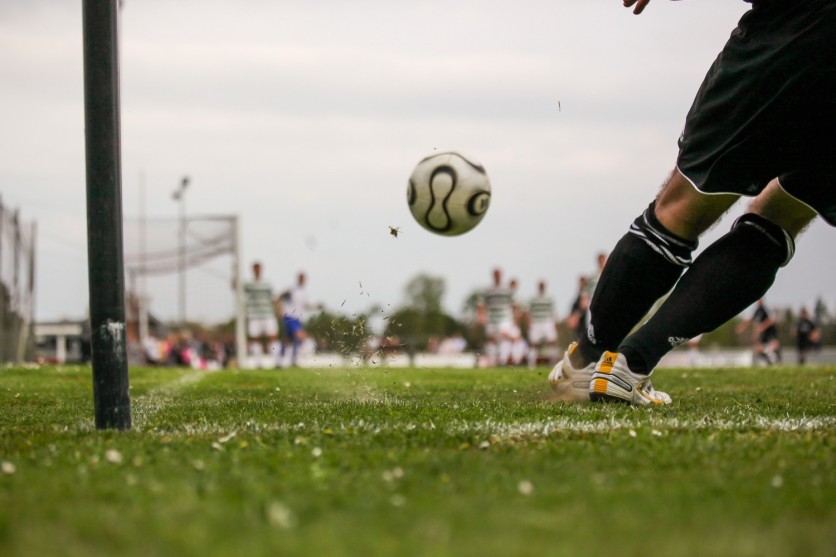In the realm of physical sports, humans have always held the upper hand until now. Researchers at DeepMind have developed robots capable of playing soccer.
The Deep RL technique was used to train miniature humanoid robots with 20 controllable joints and basic soccer skills, such as walking, running, turning, kicking, and fall recovery.

Bipedal Robots in Sports
According to the researchers, there have been several impressive projects involving quadrupedal robots in recent years, with Boston Dynamics' robot dog Spot standing out for its ability to navigate unfamiliar, unstructured, and harsh environments with ease.
However, the bipedal movement has been less explored in comparison, and the researchers believe that walking on two legs presents even more difficulties in terms of stability and safety. This becomes even more challenging when applied to sports, where the demands on the robot's movements are even greater.
Teaching robots to play soccer involves a complex challenge due to the nature of the sport, which requires a variety of movements such as running, turning, side stepping, kicking, passing, fall recovery, and object interaction.
Coordination between these movements over extended periods is necessary for successful and strategic play. Furthermore, bipedal movement poses stability and safety challenges that need to be overcome.
Nonetheless, the team at DeepMind managed to address these challenges by teaching robots the necessary movement skills and game strategy.
Read Also : Agility Robotics' Digit Warehouse Bot Collapses After 20+ Hours of Live Demos, Claims 99% Success Rate
General Embodied Intelligence
The project focused on employing the entire robotic body, rather than just the hands or feet, to engage in strategic play.
According to Tuomas Haarnoja, the project lead, "Creating general embodied intelligence, that is, creating agents that can act in the physical world with agility, dexterity, and understanding-as animals or humans do-is one of the long-standing goals of AI researchers and roboticists alike."
While many people praised the innovation, some Twitter users questioned the testing methods. In a video clip posted on social media, a researcher is seen continuously pushing down a robot, trying to score a goal.
The robot recovered each time, but some users expressed concern about "abusing" the robots. Despite the skepticism, the team believes that their work opens up a new avenue for robotics and AI research.
So, will robots take over soccer soon? It's difficult to say for certain, but the potential is there. Robots can execute complex movements and learn new skills much faster than humans.
While the DeepMind project was only a proof-of-concept, it could be the start of a new era in sports. However, there are still challenges to overcome, including safety concerns, and it's unlikely that robots will completely replace human players anytime soon.
However, it must be noted that even if robots can perform impressive physical feats, they lack the heart and passion of human players. Soccer and other sports will continue to be played by humans, but it's exciting to think about how robots could revolutionize the industry in the future.
The work's findings were published in arXiv.
Related Article : Microsoft Edge Launches AI Image Generator: Introducing the Dall-E-Enabled Image Creator Tool

ⓒ 2025 TECHTIMES.com All rights reserved. Do not reproduce without permission.




